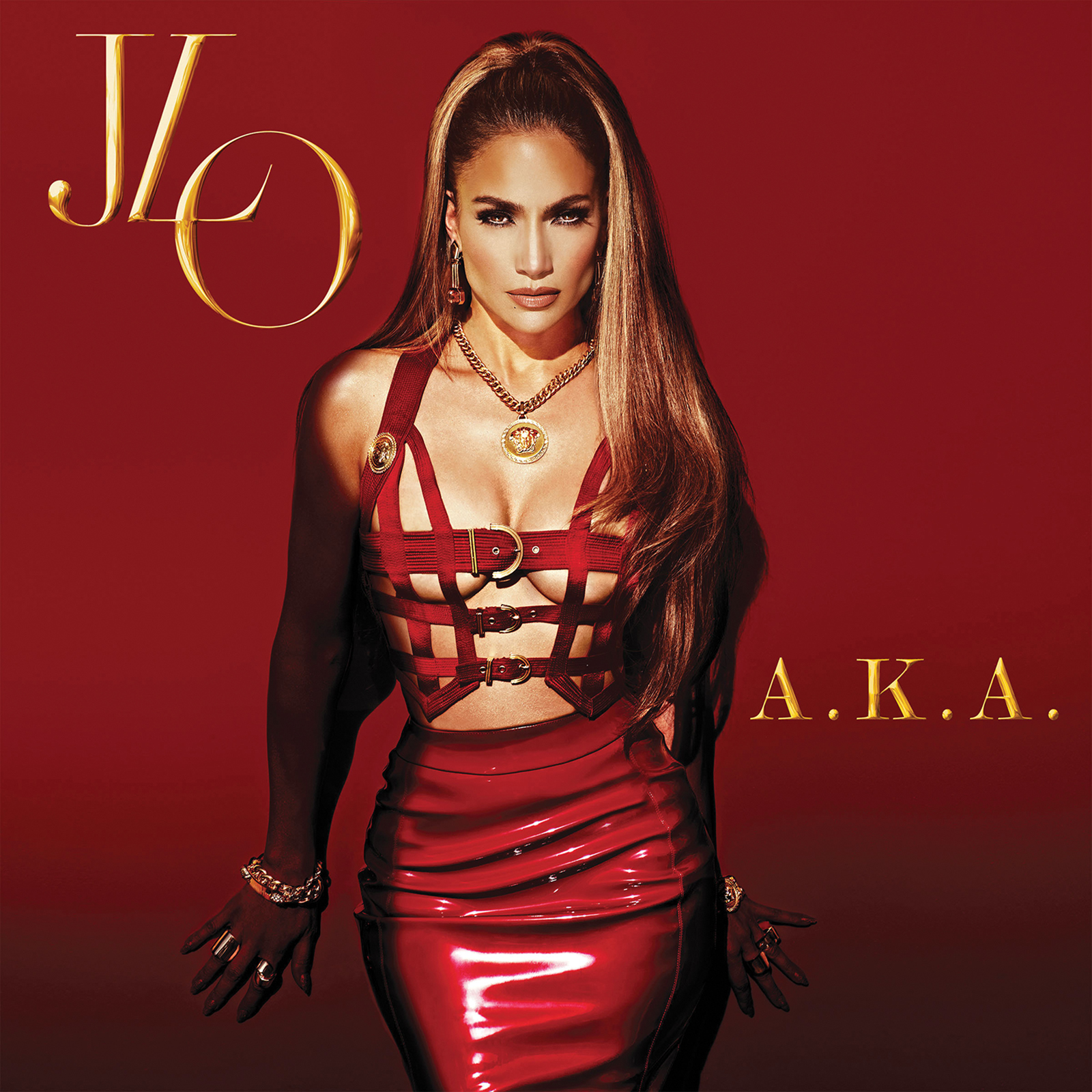Second Take: Objectification in Jennifer Lopez’s music video perpetuates issue

Jennifer Lopez’s music video for “I Luh Ya Papi” retaliates against male objectification of women by featuring muscular, scantily clad men. But rather than bringing a solution to sexualized objectification, the video only perpetuates it further.
(Courtesy of Capitol Records)
By Casey Kovarik
June 29, 2014 7:12 p.m.
It has become somewhat “vogue” to be a feminist lately.
After Beyoncé’s self-titled album was released last December along with music videos such as “Partition” and “Drunk in Love,” although it sells sex more than feminism, the trend started. She was praised for putting a positive message out for women and the album was wildly successful.
Jennifer Lopez has jumped on the feminist bandwagon with the video for her latest single “I Luh Ya Papi,” released in early March.
Lopez’s song sounds like much of her other music – upbeat, catchy and with only a few lines of repeated lyrics. The song opens with “I put it down for a brother like you/ give it to you right in the car, that’s you.” As Jimmy Kimmel translated the song on his segment “New Lyrics for Old People”: “I would like to have sex with you in a motor vehicle.” The song is about sex and has no mention or underlying message about equality or feminism.
The music video for “I Luh Ya Papi” begins with Lopez and two friends in a pretend discussion on the direction of the video.
The friends cut in saying, “If she was a guy, we wouldn’t be having this conversation at all. No, seriously, because if she was a dude … (she would be) up in a mansion with all these half-naked girls or maybe even in that yacht … Why do men always objectify the women in every single video? Why can’t we for once objectify the men?”
The conversation hits the audience over the head with faux-feminist rhetoric.
The friends make a good point about the problem of objectification in the music industry, which is usually done by men to women. The friends are not the root of the problem, but their solution does not end the problem, but only perpetuates it.
The video goes on to shamelessly objectify muscular men, usually wearing nothing but a speedo, on yachts or washing cars as Lopez and her entourage look on, obviously enjoying the view.
But that is not all. Even with the pointed focus of this video, Lopez still objectifies herself, dressing in a plunging neckline, white leotard and booty shorts as she dances suggestively.
Sexual liberation is not the same as feminism. Lopez and other female artists have the right to own their body and the right to use it anyway they like, but when they reduce themselves and others to an object, a negative message is sent to the audience. Any time someone is being objectified, it is wrong. Everyone is more than his or her body and to objectify someone is to reduce that person to less than human.
At the end of the video, the friends ask, “Why the guys always gotta have the fun? Why the girls can’t have the fun?”
Objectification is never fun. The solution to men objectifying women is not to retaliate.
The rest of Lopez’s album “A.K.A.” is a collection of similar-sounding songs with quick tempos and vocals that would make anyone over 30 cringe. The message of those songs is consistently about hooking up and wanting sex, including one titled “Booty” which has lyrics “Big, big booty. What you got a big booty.”
If Lopez and her producer’s goal was to promote feminism or equality in the music industry, it was a sore failure. The video does not expose the atrocities committed in many music videos that objectify women; rather the video makes it okay for both sexes to objectify each other.
– Casey Kovarik


